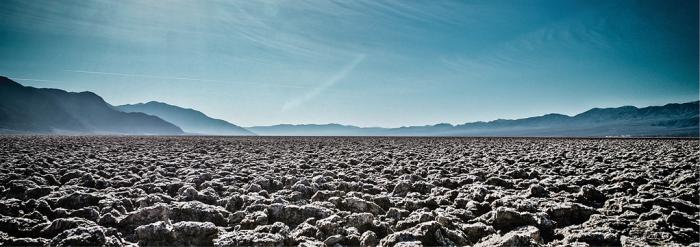
4.37 When is somebody dead?
Nowadays doctors assume that someone is dead when it has been established that the entire brain is no longer functioning, including the brain stem. Usually it is sufficient to note that breathing has stopped and the heart has stopped beating.
The Church holds that a person dies when the soul leaves the body. Of course this moment cannot be established scientifically. But it does help us to think about life and death.
What does it mean to die in Christ Jesus?
Dying in Christ Jesus means to die in the state of God's grace without any mortal sin. A believer in Christ, following his example, is thus able to transform his own death into an act of obedience and love for the Father. “This saying is sure: if we have died with him, we will also live with him” (2 Timothy 2:11). [CCCC 206]
How does Christ help us at our death, if we trust in him?
Christ comes to meet us and leads us into eternal life. “Not death, but God will take me” (St. Thérèse of Lisieux).
In view of Jesus’ suffering and death, death itself can become easier. In an act of trust and love for the Father, we can say Yes, as Jesus did in the Garden of Gethsemane. Such an attitude is called “spiritual sacrifice”: the dying person unites himself with Christ’s sacrifice on the Cross. Someone who dies this way, trusting in God and at peace with men, and thus without serious sin, is on the way to communion with the risen Christ. Our dying makes us fall no farther than into his hands. A person who dies does not travel to nowhere but rather goes home into the love of God, who created him. [Youcat 155]
What happens to us when we die?
In death body and soul are separated. The body decays, while the soul goes to meet God and waits to be reunited with its risen body on the Last Day.
How the resurrection will take place is a mystery. An image can help us to accept it: When we look at a tulip bulb we cannot tell into what a marvelously beautiful flower it will develop in the dark earth. Similarly, we know nothing about the future appearance of our new body. Paul is nevertheless certain: “It is sown in dishonor, it is raised in glory” (1 Cor 15:43a). [Youcat 154]
When can a person be considered dead with complete certainty?
In this regard, it is helpful to recall that the death of the person is a single event, consisting in the total disintegration of that unitary and integrated whole that is the personal self. It results from the separation of the life-principle (or soul) from the corporal reality of the person. The death of the person, understood in this primary sense, is an event which no scientific technique or empirical method can identify directly. Yet human experience shows that once death occurs certain biological signs inevitably follow, which medicine has learnt to recognize with increasing precision. [Pope John Paul II, Address on transplantation, 29 Aug. 2000]





